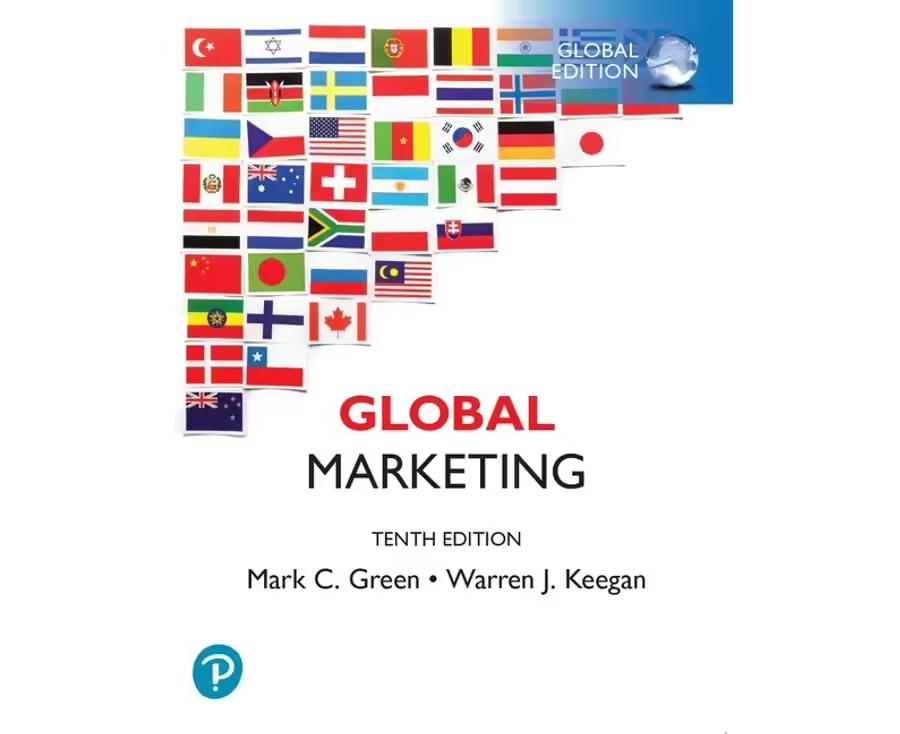In November 2015, VW faced even more bad news. It was revealed that some three-liter, six-cylinder engines
Question:
In November 2015, VW faced even more bad news. It was revealed that some three-liter, six-cylinder engines in cars produced by Audi, one of Volkswagen AG’s luxury brands, also contained defeat devices. Audi is the world’s number 2 premium auto brand, behind BMW. Two Audi engineers who were suspected of designing the engine software were suspended. In the United States, the EPA began developing enforcement options.
With VW in crisis mode, its public relations team created and implemented a series of communication tactics and strategies designed to restore consumer trust. In the United States, the company bought full-page ads in national newspapers with the headline “We’re working to make things right.” The ads announced that the company was offering affected owners a goodwill package consisting of a $500 prepaid Visa Card, a $500 Volkswagen Dealership Card, and free roadside assistance for three years. Owners were also directed to a Web site, vwdieselinfo.com, for more information. Michael Horn, president and CEO of the Volkswagen Group of America, signed the letter at the bottom of the ad.
As the investigation expanded, some industry observers were convinced that VW’s problem involved more than a handful of engineers. According to this view, the crisis was attributed to VW’s insular, engineering- based corporate culture and potentially involved hundreds of people.
In Europe, partial blame was directed at regulators at both the national and EU levels. The auto industry is one of Europe’s biggest employers and has a powerful lobbying presence in Brussels (home of the EU headquarters) and elsewhere. The industry had successfully pushed for laboratory-based emissions tests that yielded more positive results than tests under real-world driving conditions did. Indeed, the European Union itself was pressuring automakers to produce cleaner cars; new emissions limits were established in 2007 and entered into force in 2014. Many believed that advanced diesel technology represented a promising solution. Even so, it was alleged that regulatory officials had known for years that NOx levels under actual driving conditions exceeded the legal limits. The Fix Is In VW engineers created inexpensive software and hardware updates that fixed the emissions issue for the 9 million affected cars in Europe. Due to differences in emissions standards, however, a separate solution was required for the 500,000 affected cars in United States. In January 2016, regulatory officials in California rejected a proposed fix on the grounds it was “vague and inadequate.” The regulators were particularly interested in the effect of any proposed fix on automotive performance and safety. Meanwhile, U.S. sales of some of Volkswagen’s diesel models were suspended because a fix had not been approved. In the end, VW was forced to buy back 85 percent of the affected diesel vehicles purchased by U.S. drivers. Some drivers who qualified for free repairs and updates were offered payouts ranging from about $5,000 to nearly $10,000.
Müller, the new Volkswagen CEO, took a team to Washington, D.C., to meet with Gina McCarthy, the EPA’s chief administrator.
McCarthy told Müller that her agency agreed with the findings in California. For his part, Müller said his goal was to rekindle Americans’ love for the Volkswagen brand and regain their trust. Meanwhile, a Volkswagen team visiting the Detroit Auto Show offered apologies for misleading American consumers and regulators.
VW Motors On Chance played an important role in helping VW rebound from the crisis. A previous scandal involving BP and the lawsuits resulting from the Deepwater Horizon oil drilling platform tragedy had resulted in a streamlined process for consolidating claims coming from the federal, state, and consumer levels. Meanwhile, the attention of the media and the general public shifted to a new hot-button topic: the 2016 presidential campaign of Donald Trump.
Questions
1. Assess VW’s response to the Dieselgate scandal in terms of the effectiveness of its marketing communications.
2. Some VW diesel owners were reluctant to get the emissions control updates because they were satisfied with their cars’ performance. Is it ethical for car owners to continue driving their cars even though they know the vehicles are emitting high levels of pollutants?
3. Do you think VW will be able to transform itself into a leader in electric vehicles? Or does Tesla have an insurmountable first-mover advantage?
Step by Step Answer:






